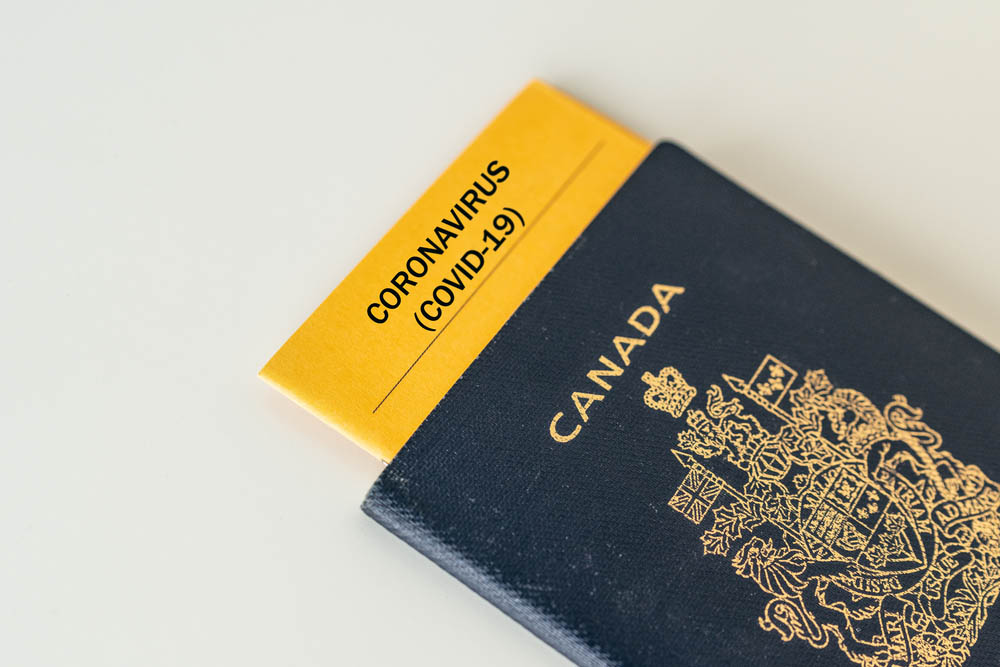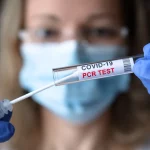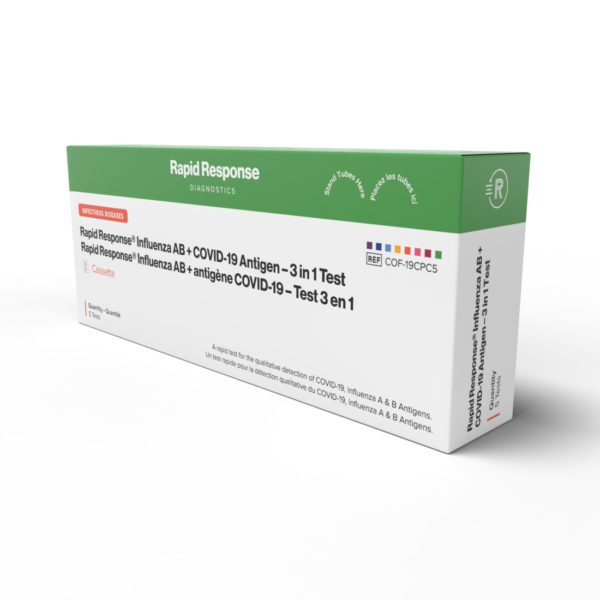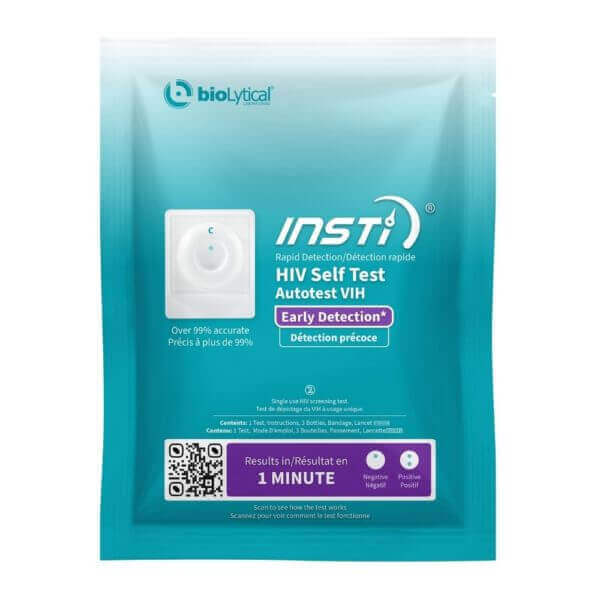Just as how you prepare for your trip abroad, you should also prepare for the travel regulations when coming back to Canada.
Now, what’s the protocol for COVID-19 testing upon arrival?
The Canadian government has implemented a series of measures and requirements for the safety of its citizens. Whether you’re a Canadian citizen planning a long-awaited homecoming or a foreign national with dreams of experiencing the country’s beauty, here’s all you need to know about returning to Canada amidst the COVID-19 pandemic.
Why get a COVID test?
Amid the ongoing COVID-19 pandemic, getting a COVID test is a crucial step in safeguarding public health and controlling the spread of the virus. As part of the community, you have a responsibility to protect yourself and those around you, especially the vulnerable populations who are at a higher risk of severe illness. By getting tested, you’ll learn your infection status and take appropriate measures to prevent further transmission.
Testing for COVID-19 allows you to detect the presence of the virus in your body, even if you’re not exhibiting any symptoms. This is particularly important because many people can be asymptomatic carriers, unknowingly spreading the virus to others. By knowing your COVID-19 status, you can take necessary precautions, such as self-isolation and informing close contacts, to break the chain of transmission.
Getting a COVID test is also crucial for those who are planning to travel or return to Canada. The Canadian government has implemented strict measures to control the importation of the virus, including mandatory testing and quarantine requirements.
By obtaining a negative test result, you can comply with these regulations and contribute to the overall safety and well-being of the Canadian population.
Methods of testing
There are different methods used to test for COVID-19, which include:
- Molecular tests
- Antigen tests
- Antibody tests
Molecular tests, such as the polymerase chain reaction (PCR) test, are considered the gold standard for COVID-19 diagnosis. They detect the genetic material of the virus and are highly sensitive and specific.
Antigen tests, on the other hand, detect specific proteins from the virus and provide rapid results. They’re less sensitive than PCR tests but are useful for quick screening purposes.
Lastly, antibody tests detect the presence of antibodies produced by the immune system in response to the virus. These tests can indicate if you have been previously infected with COVID-19.
These tests have different strengths and limitations, and the choice of test depends on various factors, including the purpose of testing and the availability of resources.
Different countries require specific tests, so consult the guidelines provided by the Canadian government and follow the recommended testing procedures for a safe and smooth journey.
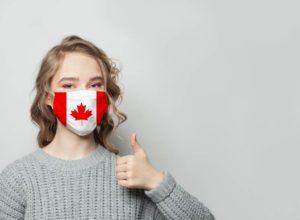
Who is eligible for the test?
The eligibility criteria for COVID-19 testing depend on specific guidelines provided by the Canadian government. To ensure the efficient use of testing resources and prioritize those most in need, the government has established certain criteria to determine who is eligible for a test.
Currently, you’re eligible for COVID-19 testing if you:
- Are experiencing COVID-19 symptoms
- Have had close contact with a confirmed or probable case of COVID-19
- Have been advised by public health authorities or your healthcare provider to get tested
- Are part of a targeted testing initiative in your community
Here are the most common symptoms of COVID-19:
- Fever
- Cough
- Difficulty breathing
Also, close contact means being within two meters of an infected person for a cumulative total of 15 minutes or more over 24 hours or having direct contact with their bodily fluids or respiratory droplets.
The eligibility criteria may change depending on the evolving situation and guidance from health authorities.
When to get tested
To determine the appropriate timing for COVID-19 testing, you must consider the presence of symptoms or close contact with a confirmed case, as outlined by the Canadian government’s eligibility criteria. Here’s when you should test for COVID-19:
- If you develop symptoms such as fever, cough, shortness of breath or loss of taste or smell, get tested right away.
- If you have symptoms and the test is negative, retest after 48 hours.
- If you don’t have symptoms but you’ve been exposed to a person with COVID-19, wait for five days then get tested.
By getting tested at the appropriate time, you can contribute to the collective effort of controlling the spread of COVID-19 and protecting the health of your community.
Results and what they mean
When you receive the results your COVID-19 test, here’s what the different outcomes mean.
Positive
A positive result indicates that you’re currently infected with the virus and should immediately isolate yourself to prevent spreading it to others. Follow local health guidelines and seek medical advice for further treatment and care.
Negative
A negative result doesn’t guarantee that you’re free from the virus. It’s possible to receive a negative result during the early stages of infection or if the virus hasn’t yet replicated enough to be detected.
With that, continue practicing preventive measures such as:
- Wearing masks
- Practicing good hand hygiene
- Maintaining social distancing
Inconclusive
In some cases, a test result may come back as inconclusive or indeterminate. This means that the test didn’t provide a clear positive or negative result. In such situations, it’s advisable to consult with your healthcare provider for further evaluation and guidance.
Key takeaway
Understanding the COVID-19 testing requirements for returning to Canada is crucial in navigating the process during the ongoing pandemic. Adhere to the specified testing protocols and provide necessary documentation so you can successfully enter the country.
